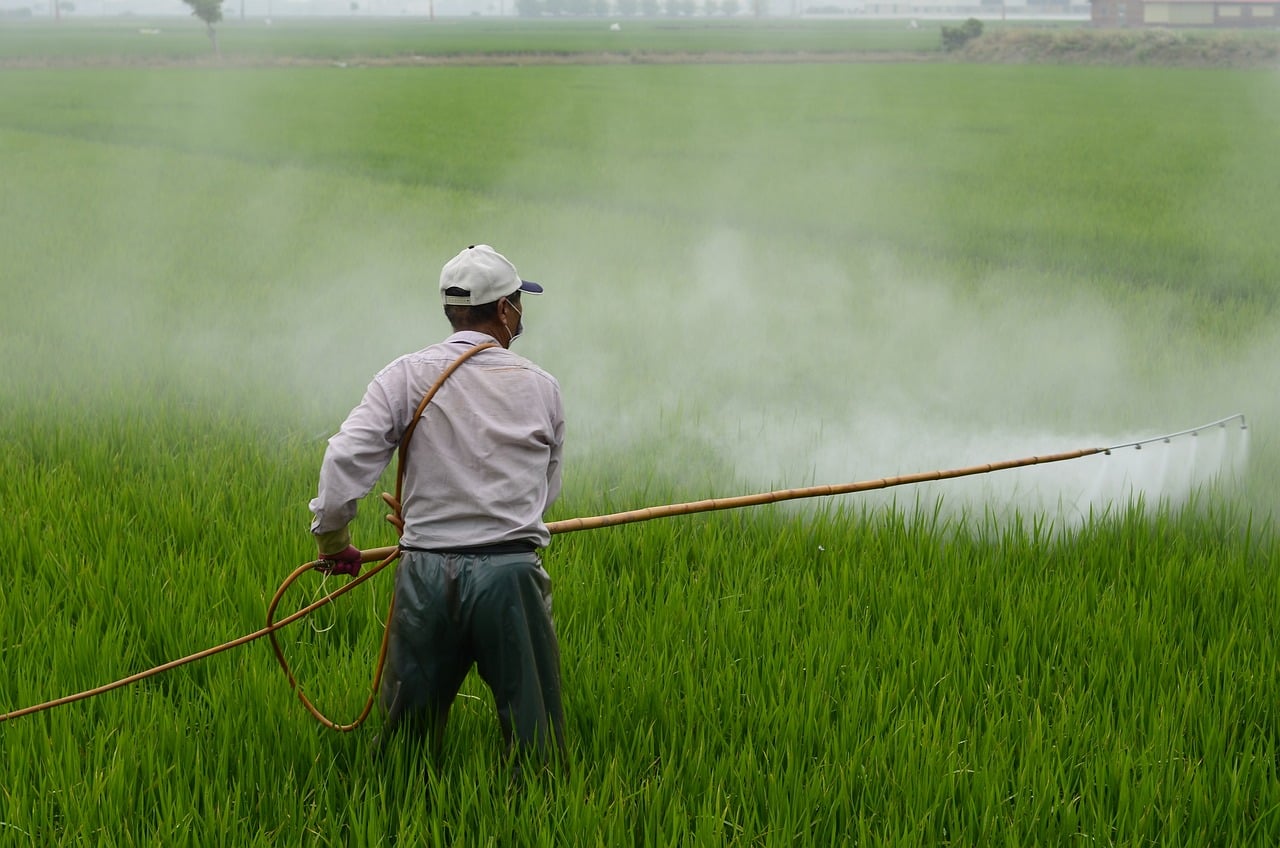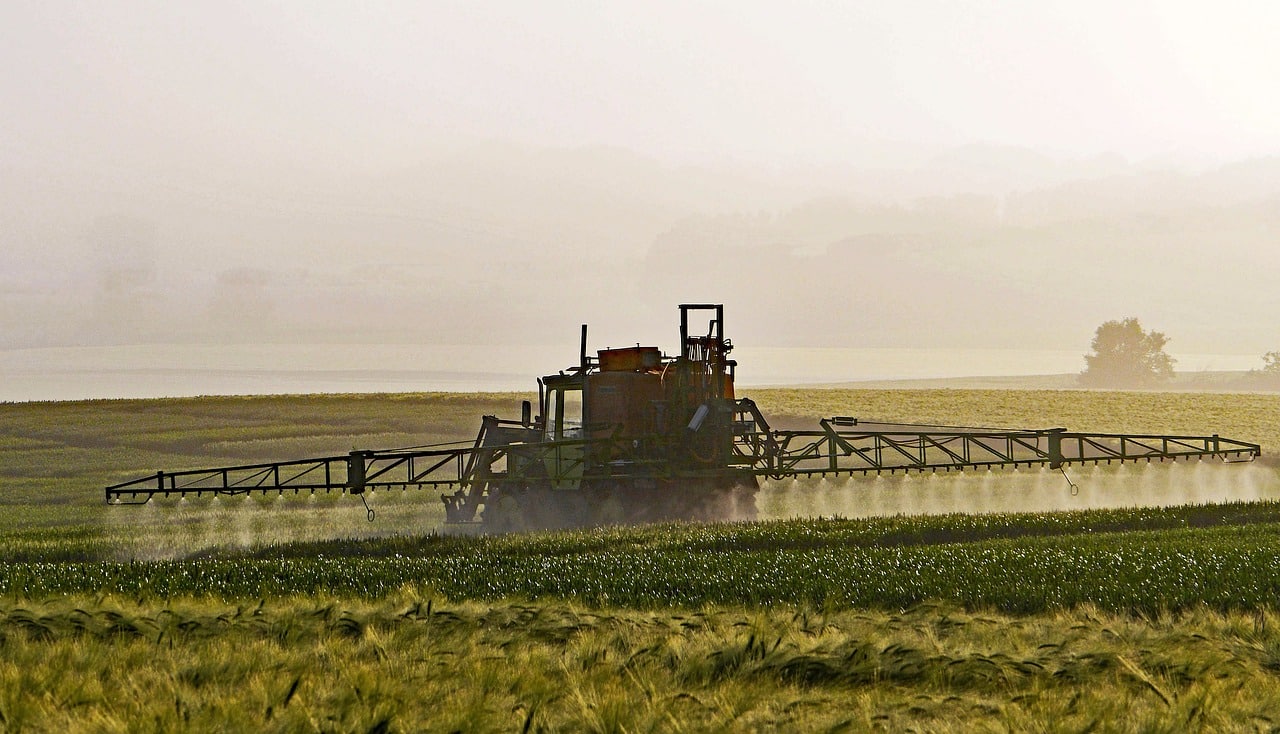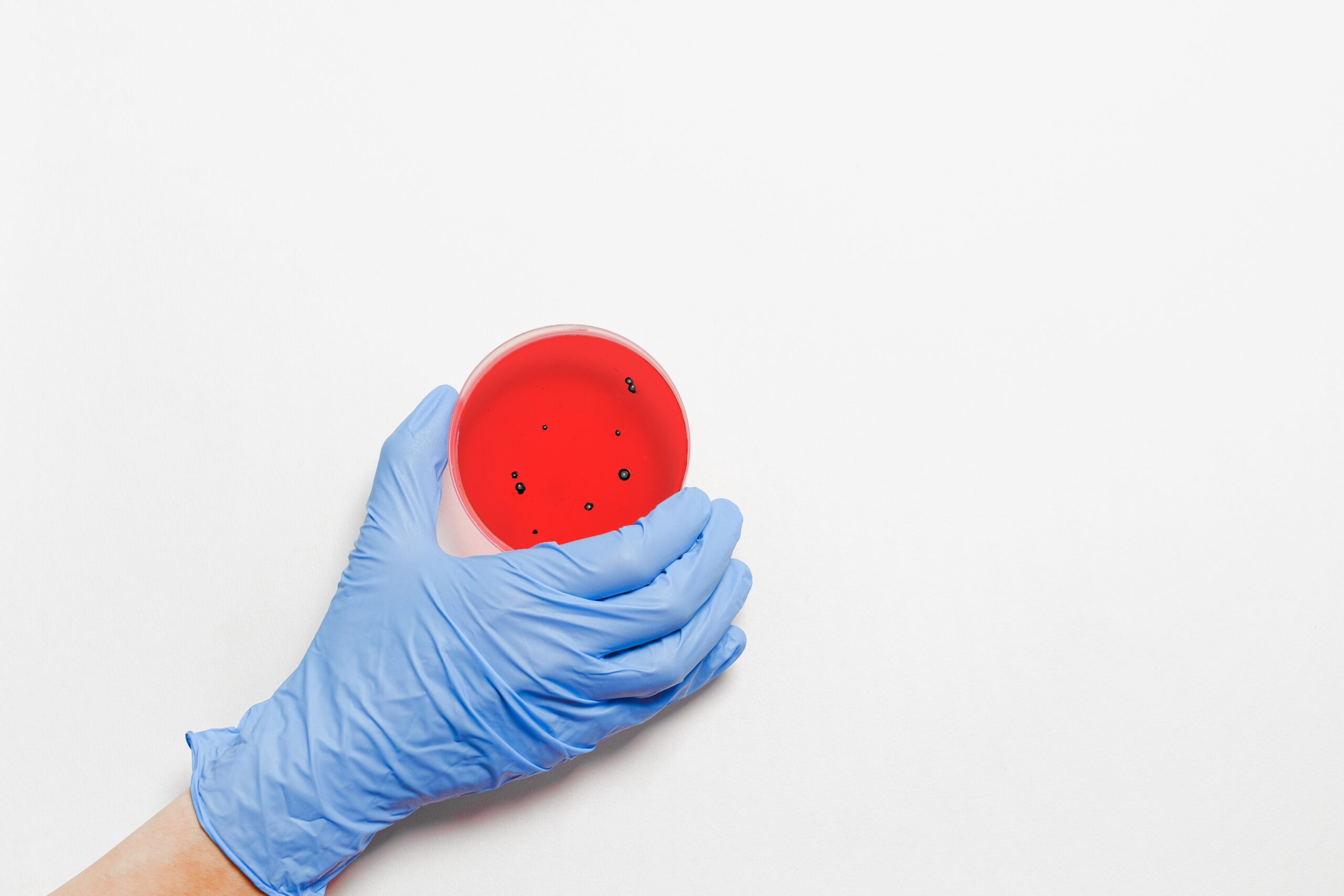Is Roundup Safe?
Since its launch in the 1970s, Roundup, a glyphosate-based herbicide, has become the most popular weed killer worldwide. However, recent studies are raising questions about whether exposure to glyphosate, the main ingredient in Roundup, could potentially lead to cancer in humans. The scientific community is still debating these findings. Roundup was first introduced to the … Read more





